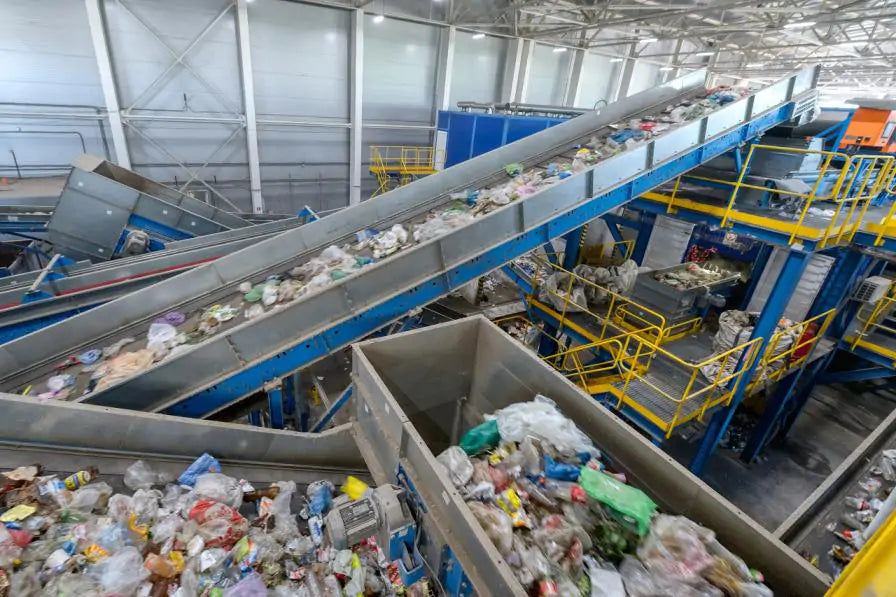OR
Express Checkout

The UN has estimated that the world’s population will reach 8 billion people by 2025, and 9.5 billion by 2050. More people means more demand for, and consumption of food and consumer products. This inevitably means we will generate more waste. Will waste disposal systems and controls cope or will we end up with endless mountains of landfill that causes further destruction to our environment?
There are definite challenges to be met, but it’s not all doom and gloom. There have been new developments and initiatives in recycling and waste management like the building of eco-friendly housing and a levy on plastic carrier bags, but what can we expect in the future?

The future of waste disposal and management
A ban on plastic?
Plastic takes so long to degrade and is bad news for the environment and for wildlife. The UK has already started charging a 5p levy on plastic carrier bags to encourage us to reuse them, but this needs to go further. What about plastic bottles and the Styrofoam packaging pellets that are commonly used? Styrofoam is cheap and great for packaging items and plastic bottles are convenient, but both excrete harmful plastic compounds, usually end up in landfill and take an age to degrade. Initiatives to find biodegradable alternatives need to go further.
No more paper trails? From paper to digital information
Keeping records and information digitally is more efficient and creates less waste. Who uses paper anymore anyway? Most companies and even individuals store their information electronically now, however, the growth in electronic waste is a concern. Computers and other electronic devices are made of complex materials, some of which are hazardous. This waste needs to be disposed of safely and correctly.
Making composting a must?
Every year, 7 million tonnes of food waste ends up in UK landfill sites. Surely most of this could be turned into compost for our personal use or used by local councils in parks and gardens? San Francisco in the US has discussed the issue of making composting mandatory. Will this idea make it across the pond I wonder?

Image courtesy of WRAP UK
Creating energy from organic waste
Waste materials are used to sustainably produce energy. Manure, lumber and other waste is burned to make electricity and other types of power. This type of energy production gives off less emissions than coal, oil and gas, but the challenge is to come up with the advances in technology to produce enough of this so-called ‘biomass’ fuel so that it’s a true alternative to fossil fuels.
Industry taking more responsibility
Big companies can claim to be eco-friendly, but they often do the bare minimum that is required to protect the environment. But today’s consumers demand that companies are more conscious about the environment, so businesses are increasingly implementing initiatives. It makes good business sense to be greener too, as waste disposal has its own costs.
The future is green
There are many initiatives being used to help us make the move to more sustainable methods of energy production, so we rely less on the fuels that produce more emissions. There is the possibility of the banning and restriction of products that don’t degrade and do untold damage to ecosystems and there are even novel ways of using our waste to produce energy. So, the future looks promising. We can start the ball rolling now ourselves by recycling as much as we can and being more aware of the products we are using. The future is green!